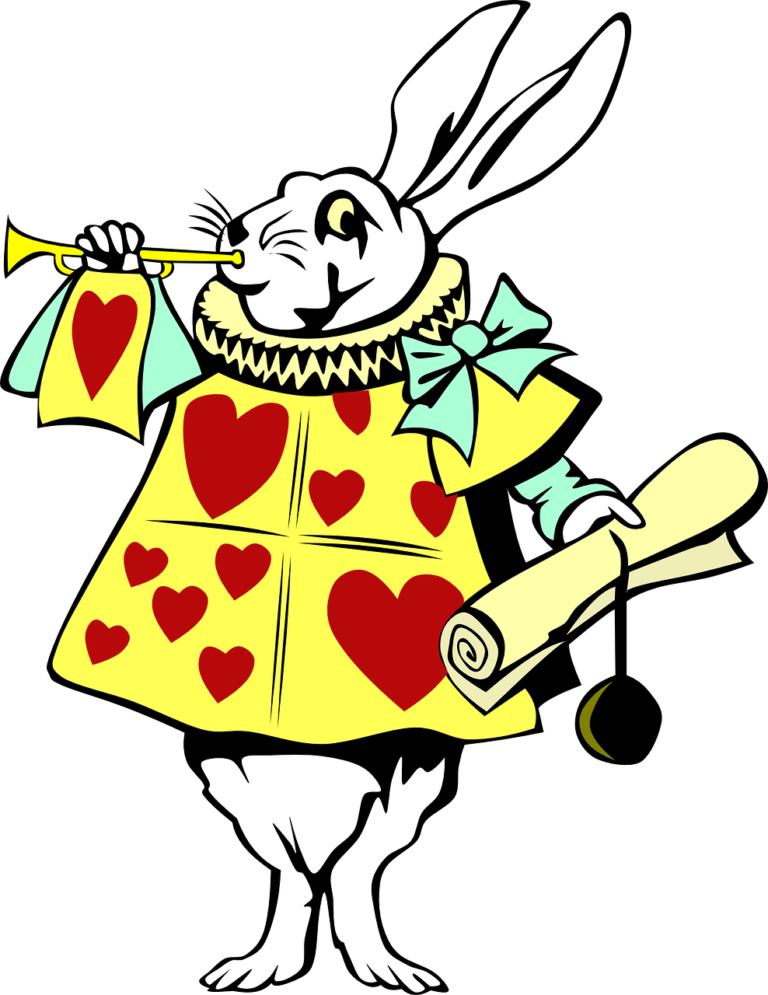
Your voice is important.
Not just what you choose to say, but your tone and how you say it.
It’s important in life and it’s important in writing, too.
What’s the point of having a voice if you’re not going to use it?

In life, having a Voice comes from knowing yourself and knowing what you want. (I’m going to call it Voice because it’s different than your speaking voice.)
I think I didn’t find my voice until after college.
It might not have even been until I had children. (I’ve always been a late bloomer.)
When you’re responsible for the well-being of kids, you’ll find your Voice the instant you need it.
But whether you’re a mother or an aunt, a father or an uncle, sister, brother, daughter, son, there are some things that you will not put up with.
In the words of e.e. cummings, “There is some s#&! I will not eat.” * When you tell people what s#&! you won’t eat, that’s your Voice coming through loud and clear.
So how do you access that Voice when you write?
Keep writing!
“The only way to find your voice is to keep using it,” says artist/author Austin Kleon (Show Your Work, Steal Like an Artist, and Keep Going. All great books, by the way.)
Writing has two kinds of Voice.
One is the Author’s Voice, the other is the Characters’ Voice.
In many ways, your Author’s Voice is your personality.
But it doesn’t have to be.
Or to put it another way, you can wear different “hats” when you’re writing, and your Author Voice will reflect that.
The Author’s Voice often depends on the type of story they’re writing.
A romantic comedy author, for example, will have a different Voice than historical fiction written by, say, Ken Follet.
J.K. Rowling’s Voice in the Harry Potter series is a different Voice than Barbara Park in her Junie B. Jones series.
To help you find your Voice, try writing about something that is near and dear to your heart, and write it to a particular person.
Just let the words out.
Don’t edit yourself.
Just go and go and go until you’ve finished.
Don’t read what you’ve written until you’re done!
Then, listen for the quality that sticks out to you, one that keeps popping up.
Do you hear mostly sarcasm, humor, soothing qualities?
Do you sound like a teacher?
Do you hear a lot of anger?
Antagonism?
Patronizing?
A little bit of Scheherazade?
Those are the tips of the iceberg that hint at your Authentic Writing Voice.
Keep writing; keep listening.
If you write fiction, you’ll want each of your characters to have a unique Voice, too.
Otherwise, all your characters will end up sounding the same…and probably a lot like you.
Before you start writing your story, try interviewing your characters.
One question you should probably ask them is, “What s#&! will you not eat?”
When they answer you, that’s their Voice.
Ask them other questions, too, like what makes them happy, what makes them angry, what do they look forward to doing, why did they choose their best friend out of all the kids they know?
Don’t just listen for their answers, listen for the way they put their thoughts together.
You may have to write your entire story before you hear your Characters’ Voices.
Sometimes, it’s not until you start revising that the characters will magically appear as separate individuals, and you’ll hear their Voices in your head. (It’s a strange phenomenon when you hear your characters in your head, trying to get your attention or get out into the world. It’s a bit like feeling the baby start kicking.)
A good place to listen for your character’s authentic Voice is once they’ve become focused on their story goal.
Middle grade is a fun genre because you can really see the character maturing before your very eyes.
Part of that growth will be in their Voice.
So don’t fret about finding your own or your character’s Voice.
Just write the story.
Pretty soon—when you or the characters want something badly enough—Voice will emerge.
Have a Happy May Day!
~Gail
* From i sing of Olaf glad and big by e.e. cummings (a decidedly NON-MG poem)
Before you go, don’t forget to sign up for my mailing list, below:






Loved your post today! As an author, you gave me some great ideas.
Hi Sherry. I’m so glad you found it helpful. 🙂